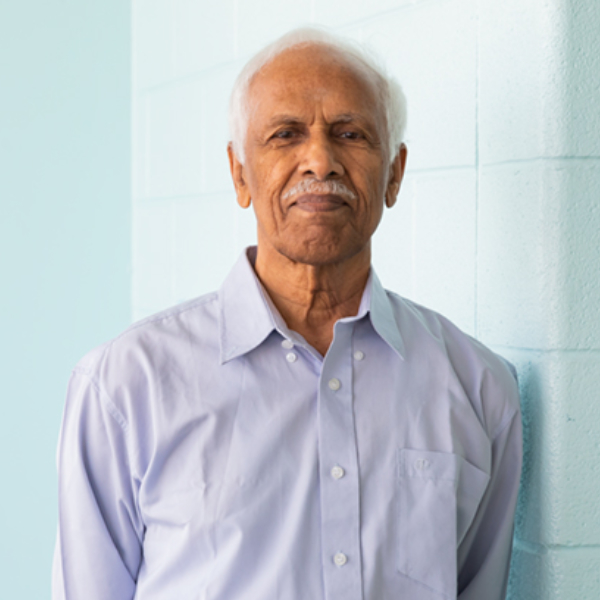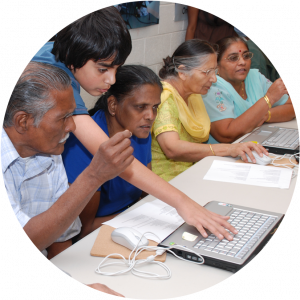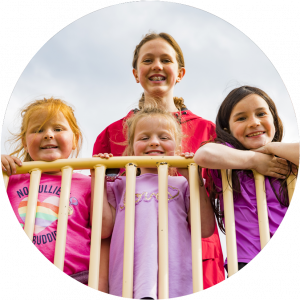The Issue
Rapid economic, social, and demographic changes have led to growing inequality in Peel, Toronto, and York Region. Challenges such as a lack of local economic opportunity, poor walkability, and insufficient access to space have a transformative impact on how residents connect to one another -lowering the levels of civic engagement. Scarcity of social connections can impact a community’s overall safety, well-being, and quality of life. As we recover and rebuild, low-income residents may not benefit equally from opportunities because the pandemic has intensified pre-existing inequities between neighbourhoods.
3x
The mortality rate from Covid-19 is three times higher in low-income neighbourhoods with the highest proportion of racialized groups, than in neighbourhoods with the lowest proportion of racialized groups
44%
of research respondents in Peel felt their neighbourhoods were close-knit. But, only 36% felt their neighbours shared the same values
42.1%
of research respondents in York felt their neighbourhoods were close-knit. But, only 38.5% felt their neighbours shared the same values
How we help
United Way aims to create opportunities for residents to influence and participate in building healthy and vibrant communities. We encourage residents and agency partners to work together with other stakeholders to design and implement local solutions to local issues. These initiatives include work on local economic opportunities, civic engagement, local planning for recovery, physical infrastructure, community safety and social infrastructure. Our approach is to focus on initiatives that involve residents and people with lived experience with a belief that their knowledge and viewpoint should inform and lead solutions to local challenges.

I moved to Canada because my family needed a safe place to live. We couldn’t live freely because we were Tamil, the minority in Sri Lanka. We lived in a refugee camp in India for 10 years. My wife died while we were in India, and I moved to Vaughan in 2002. I lived with my older daughter, her husband and their three daughters. While my granddaughters were in school, and my daughter and her husband were at work, I was in the house alone. I felt stressed and lonely — I didn’t have anyone to talk to. My daughter found a United Way-supported seniors’ program where I could speak and exercise with other people my age. I attended on opening day, in 2005. Back then, there were maybe just four or five of us — today there are nearly 200. I’ve been attending ever since — it makes me feel happy to be there.
Arumugam, United Way program participant
Here’s how your local love helped build a sense of community last year:

143,520
Individuals received support to connect with others, the community, or needed services

38,395
Individuals enhanced their social support and peer networks to reduce social isolation

17,607
Individuals acquired knowledge, skills, and connections to prepare for the labour market
July 20, 2021
What is social capital and why does it matter
Social capital is not just a nice to have, but a must have. Learn more about this critical connective tissue that makes communities safer for all